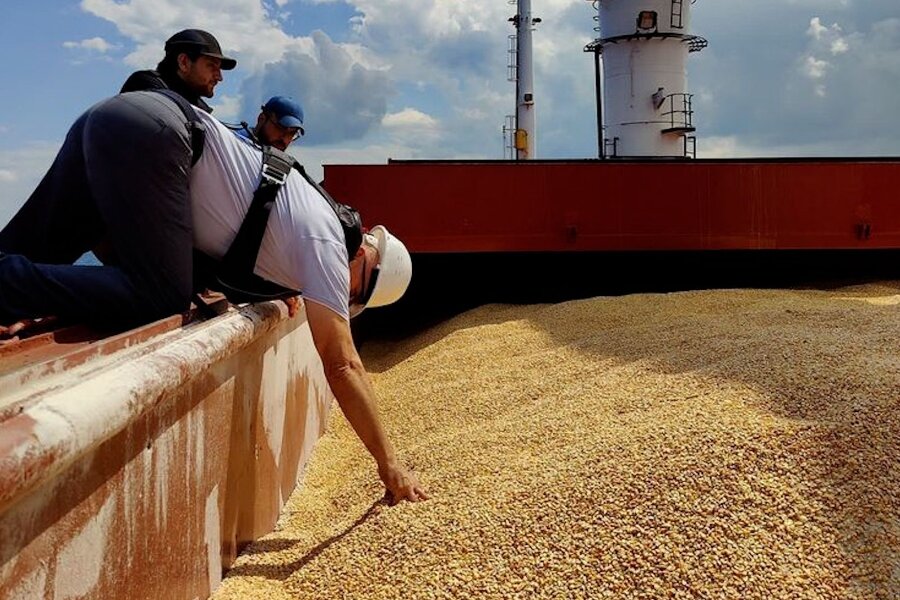On Saturday, the Polish government announced its decision to impose a temporary ban on the import of grain and other food items from Ukraine. The move is aimed at addressing the growing anger among Polish farmers, who claim to be suffering significant financial losses due to an oversupply of Ukrainian grain in the market.
During a party convention in eastern Poland, the leader of the ruling party, Jaroslaw Kaczynski, acknowledged the “moment of crisis” that the Polish countryside is currently facing. He expressed Poland’s support for Ukraine while also explaining that the decision to protect Polish farmers by temporarily prohibiting imports from Ukraine was a necessary measure.
“Today, the government has decided on a regulation that prohibits the importation of grain, but also dozens of other types of food, to Poland,” he stated.
A ban on imports from Ukraine has been put in place by the government, effective until June 30th. The ban encompasses a range of products including sugar, eggs, meat, milk, dairy products, as well as fruits and vegetables.
Neighboring countries’ farmers have also raised concerns about the surplus of Ukrainian grain flooding their markets, leading to a glut that has driven prices down and caused significant financial losses for them as well.
“The increasing imports of agricultural products from Ukraine cause serious disturbances in the markets of our countries, great damage to producers and social unrest,” the Polish agriculture minister, Robert Telus, told his counterparts from Bulgaria, the Czech Republic, Romania, Slovakia, and Hungary this week. All are members of the European Union and he said the bloc should take urgent action on the matter.
“We cannot accept a situation where the entire burden of dealing with increased imports rests mainly with farmers from our countries,” he said.
The ongoing conflict between Russia and Ukraine has contributed to the current situation. As Russia blocked traditional export sea passages, the European Union lifted duties on Ukrainian grain to facilitate its transport to Africa and the Middle East, leading to the oversupply of Ukrainian grain in the European market.













